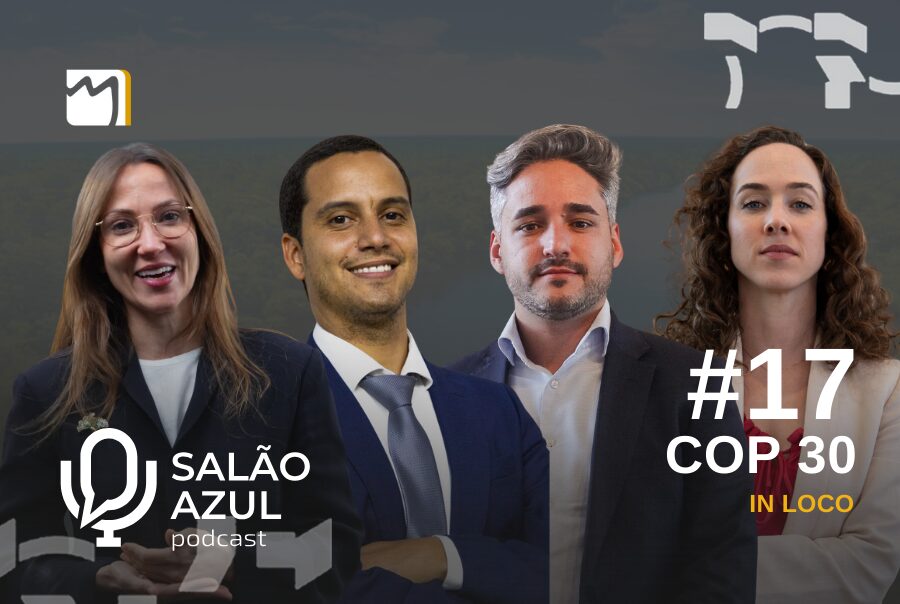Law360, New York (May 06, 2013, 3:29 PM ET) — Much has been said about the power shift that has taken place in the world trading system, especially the rise of the emerging economies led by the BRIC (Brazil, Russia, India and China) nations. Yet, management at the top of the three key international organizations — the World Bank, the International Monetary Fund and the World Trade Organization — continues to reflect a balance of power reminiscent of the post-World War II era. The reshaping of these institutions is long overdue, and the election of the next WTO’s director-general presents a much-needed opportunity.
The WTO’s DG race should conclude this month. It offers an undeniable opportunity to test the developed nations’ willingness to accept meaningful changes in global governance. In fact, the two remaining runner-up candidates (one from Mexico and one from Brazil) do not imply a radical change in trade negotiations as many may otherwise be led to think.
On the surface, the two candidates illustrate a historic first — the next WTO’s DG will come from Latin America. The appointment of either may assure developing nations that they have a stake at the helm. However, Roberto Azevedo from Brazil and Herminio Blanco from Mexico represent and stand for very different outcomes. Both are skillful and well-respected trade negotiators, but their political backing and the timing of their careers are what set them apart.
Supported by the most powerful nations, Blanco is a former Mexican trade minister and served as one of the key negotiators of the North American Free Trade Agreement during the 1990s. A key actor in a difficult regional negotiation and a seasoned negotiator at the Organization for Economic Cooperation and Development forum, his candidacy represents tradition and a glimpse of the past. Azevedo, on the other hand, is backed by the new emerging world. He has made his career in the multilateral arena, knows extensively the WTO rules, and was directly involved in its most important disputes. A well-liked protagonist in Geneva’s recent negotiations, his candidacy is a promising view of the future for multilateral trade and the demands of the developing world where key interests have been discounted in the past.
In the early 1990s, all key decisions during the General Agreement on Tariffs and Trade years were made in small ‘by invitation only’ meetings, and the so-called “Quad Group” (the United States, the European Union, Canada and Japan) would reach consensus, without much opposition from other WTO members. This system may have worked well in the past, having led to the successful conclusion of the Uruguay Round talks and the establishment of the WTO. However, there is no question that the balance of power of today bears no resemblance to the then-existing economic landscape. In today’s world, developing and least-developed nations would never stomach any arrangement similar to the “Blair House Agreement,” in which Americans and Europeans negotiated most trade provisions that constitute the pillars of today’s world trading system. Today, nobody would expect key areas, such as agricultural subsidies, to be left out of the negotiating table.
The new WTO´s DG should possess legitimacy and gravitas to break the current deadlock. Blanco’s seasoned experience negotiating agreements may equip him with the skills to push the WTO forward in the near term. However, Azevedo serves as the long-awaited bridge between new world forces and the traditional ones and possesses equally robust negotiation experience. He appreciates the problems that led to the stalling of negotiations; key among them being the resentment of the old days when there was limited transparency, no democratic participation by developing nations, nor was there any merit to the selection of those in charge of reaching an agreement.
Azevedo’s election would symbolize the emerging world’s new status. His commitment to the multilateral system is crucial in a historical moment when consensus must be urgently built, and the epidemic expansion of bilateral and regional agreements threatens the very existence of the world trading system. His leadership would represent real change and would signify the empowering of development concerns. Now that the economic order has changed, time is ripe for an emerging world representative to take the helm of the WTO.
–By Felipe Berer, Akerman Senterfitt LLP, and Welber Barral, Brazil Industries Coalition
Felipe Berer is of counsel with Akerman Senterfitt in Miami. Welber Barral is the chairman of the board of directors of the Brazil Industries Coalition in Washington, D.C.
The opinions expressed are those of the author and do not necessarily reflect the views of the firm, its clients, or Portfolio Media Inc., or any of its or their respective affiliates. This article is for general information purposes and is not intended to be and should not be taken as legal advice.


